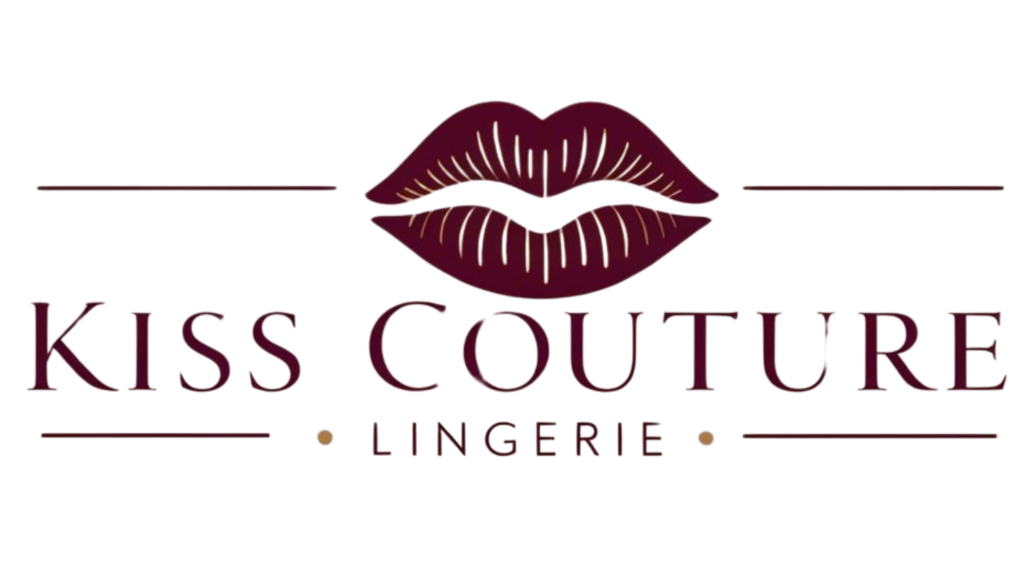Recent years have seen a wave of diversity, equity, and inclusion (DEI) efforts in the fashion industry. However, some of these initiatives have failed to resonate with consumers, raising questions about the authenticity and impact of such endeavors.

United States President Donald Trump’s administration targeted DEI policies, leading to rollbacks in various sectors, including fashion. Companies like META and Amazon scaled back their DEI commitments, while some retailers severed ties with Black-owned businesses.
In the fashion and beauty industry, there have been sporadic attempts at promoting diversity, such as featuring older models, trans models, and models with disabilities. While some brands like Teen Vogue and Aerie embraced inclusivity, others like Victoria’s Secret faced backlash for inconsistent efforts.

Victoria’s Secret’s journey with DEI highlights the complexities of navigating inclusivity in a profit-driven industry. The brand initially embraced diversity but later faced criticism, prompting discussions on the challenges of genuine representation versus performative gestures.
Consumer attitudes toward DEI in fashion and beauty vary widely. While some express skepticism towards brands’ motives, many support increased diversity in the industry. Brands that authentically embrace diversity tend to outperform competitors and attract new consumers.

In a bid to capture consumer interest, beauty brands like Benefit Cosmetics, Sephora, and Dove have featured diverse models in their campaigns. However, there remains a lack of representation for certain demographics, such as older individuals and those with disabilities, reflecting ongoing challenges in achieving true inclusivity.
Consumers are becoming increasingly discerning, scrutinizing brands’ DEI efforts for authenticity. Brands that demonstrate genuine commitment to diversity and inclusion tend to resonate with consumers and drive market success.
Moving forward, fashion and beauty brands must prioritize sustained efforts toward diversity and inclusion. This involves showcasing a wide range of diverse models, expanding product offerings to cater to various demographics, and moving beyond surface-level representation.
To maintain consumer support for DEI initiatives, brands must engage with diversity and inclusion in a meaningful way, challenging traditional beauty standards and advocating for genuine inclusivity. By understanding consumer expectations and evolving trends, brands can navigate the complexities of diversity in the fashion industry.
🔗 Reddit Discussions
- As a German I want to take this post to acknowledge arte, one of the most beautiful products of our German-French friendship. The German-French culture channel arte turns 30 today. Long live our German-French friendship in the heart of our European Union where we are 27 nations united in diversity.
- From the perspective of a black man, why the Assassin’s Creed Shadows inclusion of Yasuke is concerning
- Companies using reddit as covert adspace


